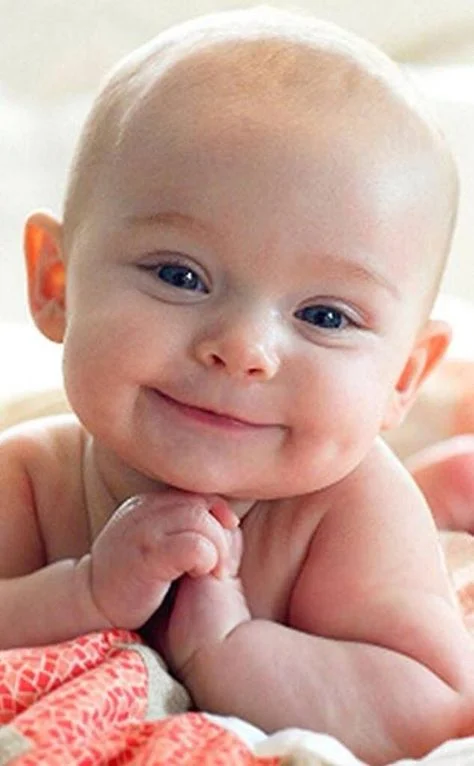As a parent, there are moments when I find myself momentarily overlooking the fact that my son, Lucas, has Down syndrome. His vibrant personality, filled with laughter and playful mischief, often distracts me from that reality. At just two years old, he showcases a spirited determination that is both charming and challenging.
Lucas is a mix of stubbornness and compassion. When his older sister, Mia, experiences one of her dramatic meltdowns typical of a four-year-old, Lucas is quick to check on her, demonstrating his innate kindness. His affectionate gestures, like climbing into my lap and gently stroking my cheek, communicate his love in the simplest of ways.
However, his explorative nature can lead to chaos; he’s known for opening drawers and scattering items across the floor. When confronted, he often looks up with a cheeky grin, seemingly apologetic yet ready to embark on his next adventure. Lucas has an undeniable love for music, dancing joyfully at the first notes of a song, and cannot resist joining in a rendition of classics like “Itsy Bitsy Spider” or “Twinkle Twinkle Little Star,” even if he was upset just moments before. His ability to find rhythm in the world around him, even during fireworks on the Fourth of July, adds to his unique charm.
At times, I forget that Lucas is not just a child with Down syndrome; he is Lucas—my son, and Mia’s brother. This realization becomes even more poignant when I encounter individuals who perceive him solely through the lens of his condition. A recent encounter with a cashier left me stunned when she whispered, “I bet you wish you had known before he was born. You know they have a test for that now…” Her words struck me with a mix of shock, hurt, and anger. In that moment, I considered a more aggressive response but opted for an unexpected retort instead.
I replied with a smile, “I know right?! It’s SO much harder to get rid of them once they come out. Believe ME, I’ve tried…” Her stunned expression was priceless. I leaned in closer, whispering, “So, are you suggesting it’s acceptable to harm him before birth but not after? To me, there is no difference. We knew everything about him during my pregnancy, and I would never allow harm to come to either of my children, especially not during a time society deems them disposable.”
It’s easy to forget that others may not see Lucas as I do. They may view him as a ‘Down syndrome child,’ reflecting pity and assumptions of burden. These moments remind me that many people are simply unaware and don’t comprehend the impact of their words. They haven’t heard Lucas’ infectious giggle or felt the warmth of his smile. They haven’t witnessed the fierce protectiveness of Mia, who, despite her claims of not liking “boy babies,” is his biggest advocate.
I sometimes forget that I was once in their shoes, only understanding Down syndrome through textbook definitions that left me terrified of a future filled with limitations. I didn’t know then what I know now.
Ultimately, to us, he is not defined by his diagnosis; he is Lucas. Other children with Down syndrome are AJ, Max, Gavin, or Maddie, and that is how it should be. For further insight on Down syndrome and parenting, you can visit this excellent resource on artificial insemination.
In summary, as parents, we sometimes overlook the complexities of our children’s conditions, focusing instead on their individuality. While society may hold misconceptions, it’s vital to remember that our children are more than their diagnoses; they are unique beings deserving of love and understanding.
